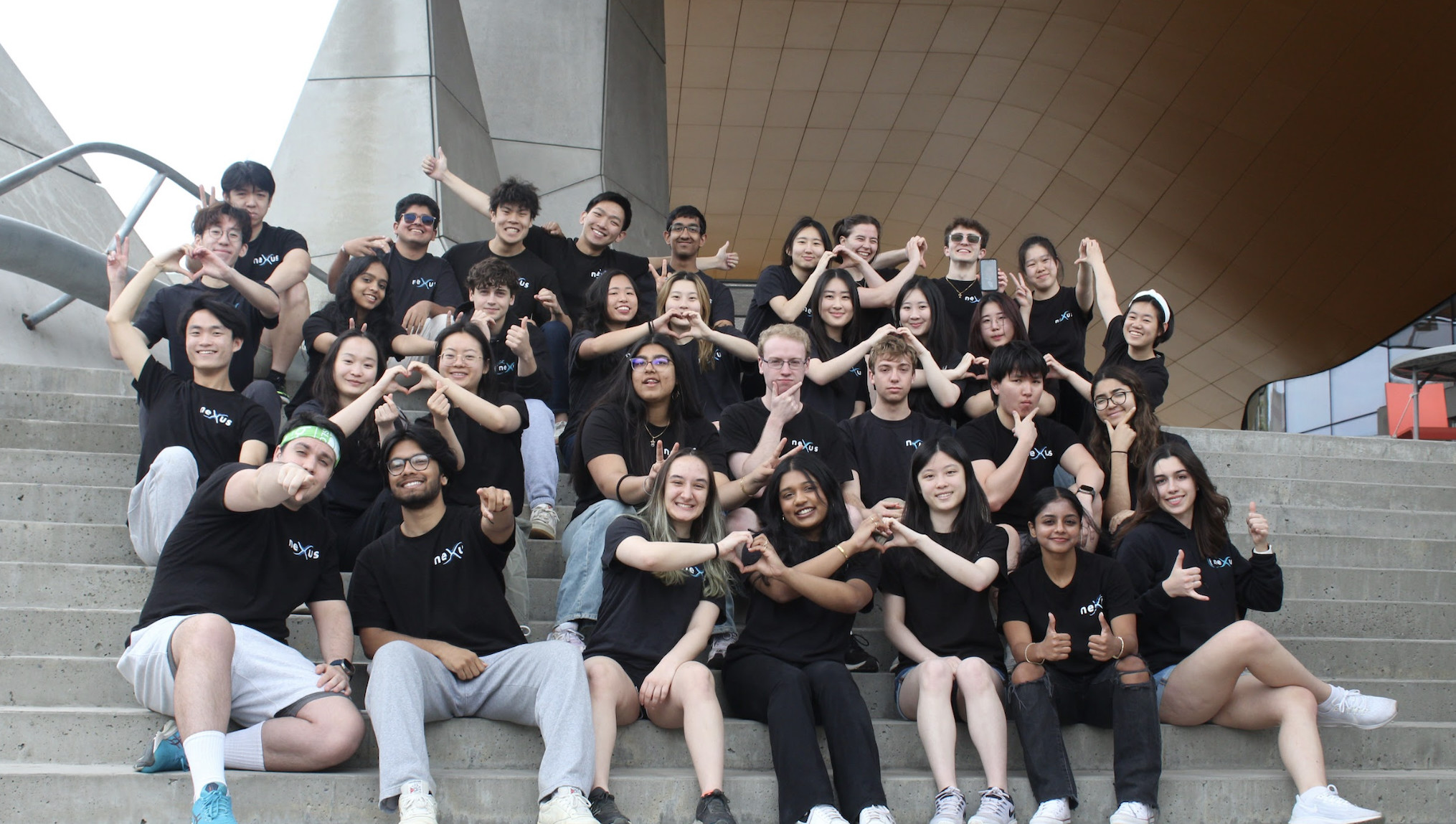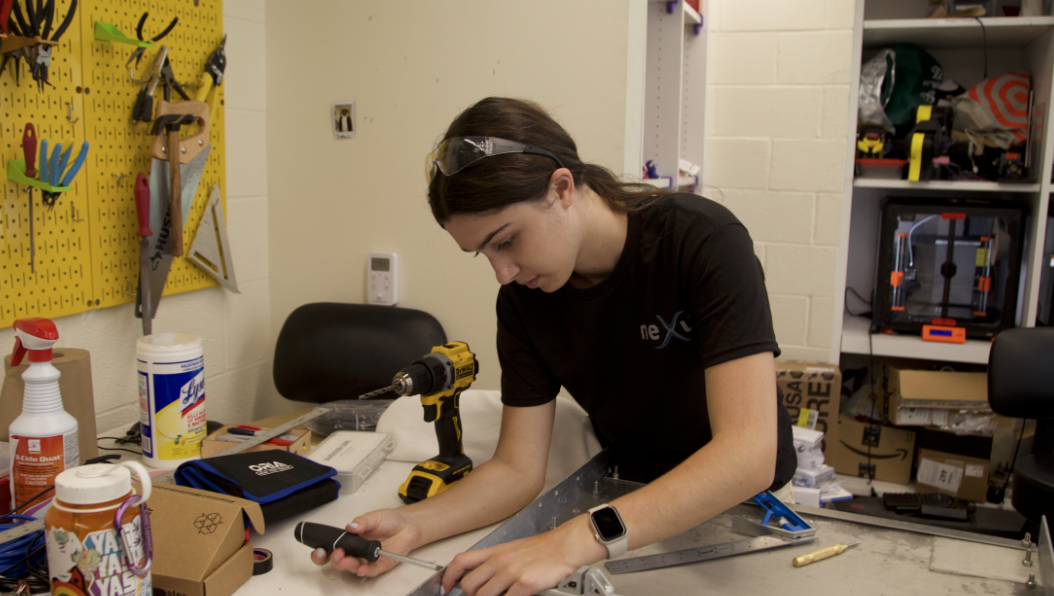Help Cornell Nexus Project Team Remove Microplastics From Your Beaches
OUR MISSION
Our beaches are polluted; there are plastic bottles and pieces of trash scattered everywhere. Those are only the portion of pollution we can see. In reality, there are fifty trillion pieces of microplastics contaminating the sand, oceans, rivers, and even in our drinking water.
Cornell Nexus is a team of passionate, eager individuals ready to make an impact and ensure that we have a tomorrow. We aim to clean up microplastics all the way from beach shores to the depths of the ocean.
Currently, we are building an autonomous, solar-powered robot that will filter out microplastics from beach sand. In other words, a Roomba for the beach! As a team, we value ingenuity, learning, collaboration, and persistence. We will redefine the impact that Cornell students can make to solve the plastic pollution crisis.
OUR TEAM
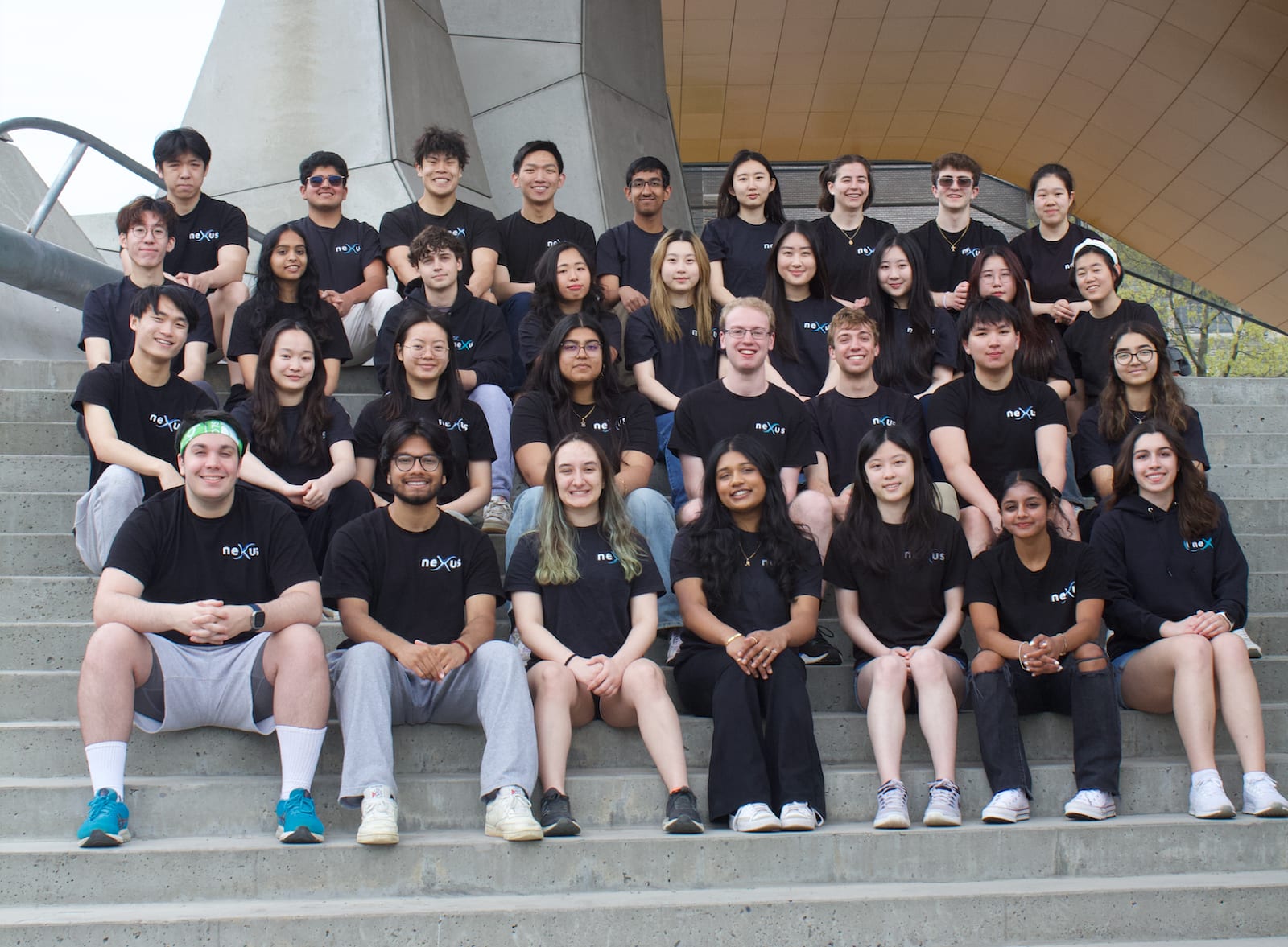
SOFTWARE
The software subteam is developing the autonomous algorithm for our robot, which determines the robot's traversal and environmental interaction, and writing software to control the sensors and motors on the robot. While the main obstacle detection system, visualizations, and graphical user interface have been established, the team is actively refining these features. Currently the members are also working on the path planning and docking algorithm, data transmission, and testing.
ELECTRICAL
The electrical subteam designs and implements the sensor and power systems of our autonomous robot. Some of their current projects include: designing, assembling, testing, and iterating upon custom PCBs for sensor operation and power distribution; engineering and designing the base station’s charging system to autonomously recharge the robot’s battery using solar power, custom charge connectors, and relay system; integrating a GPS-RTK (real-time-kinematics) to obtain high-accuracy localization data for the robot as it traverses the beach; designing/outfitting the robot with static discharge protection on it’s various electrical components, and writing motor controller code using motor encoder data for the updated swerve-steering drivetrain.
MECHANICAL
The mechanical subteam is responsible for developing the physical mechanics and assemblies of the team’s autonomous beach terrain robot. The subteam is now focused on the second robot iteration after completing their first prototype of the drivetrain and microplastic filtration device. Some notable aspects on the second iteration are the addition of a swerving mechanism for sharper turning on the front two wheels of our four wheel drive system as well as a completely new intake and filtration system. The new system will utilize static-electricity to separate microplastics from sand. Additionally, a more compact base station redesign is underway which will continue to support fully autonomous charging via solar panels.
BUSINESS
The business subteam manages the logistics behind making the projects possible and actualizes the intended impact. This includes getting funding, managing finances, assisting in internal operations, marketing the organization, and more.
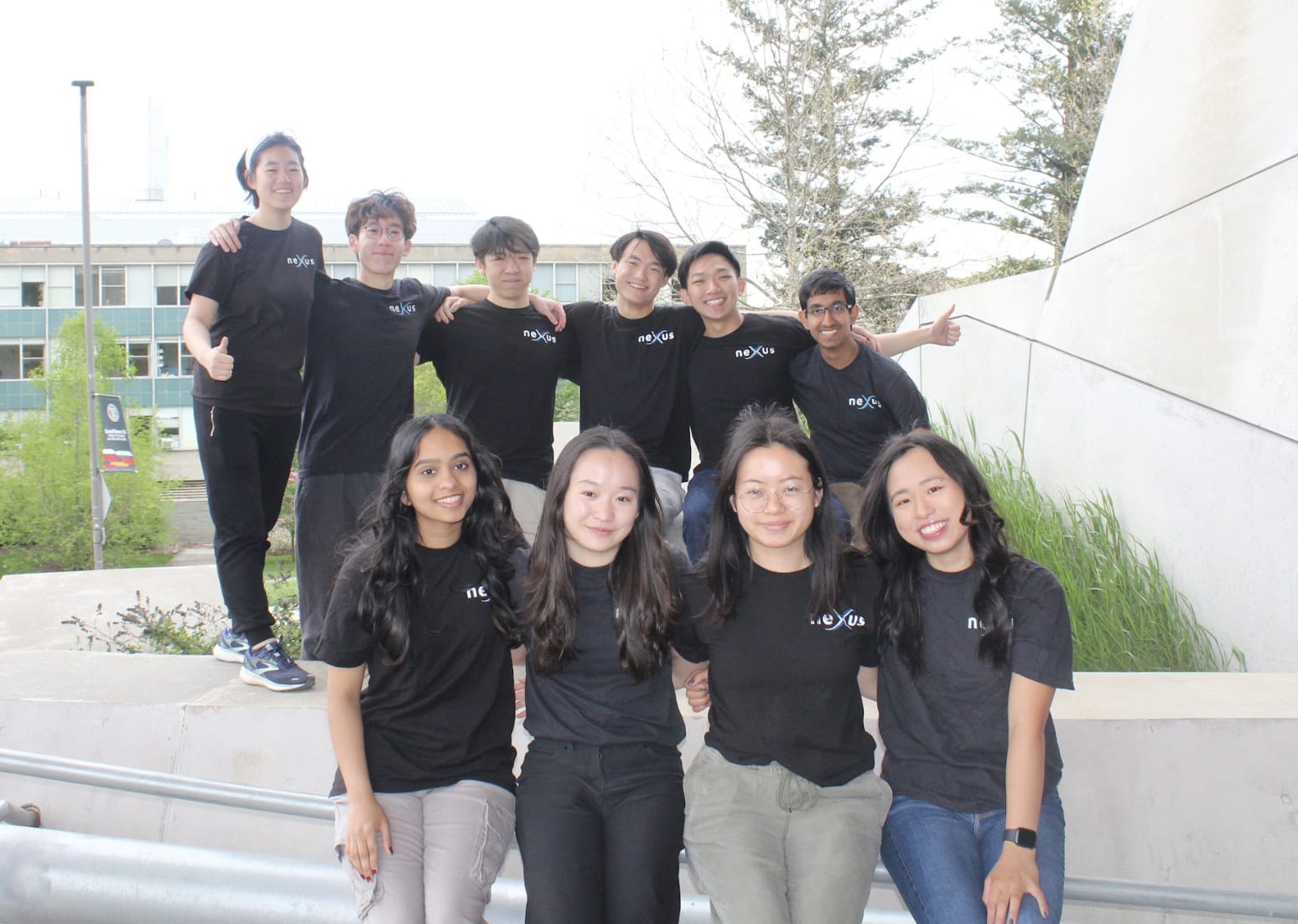 | 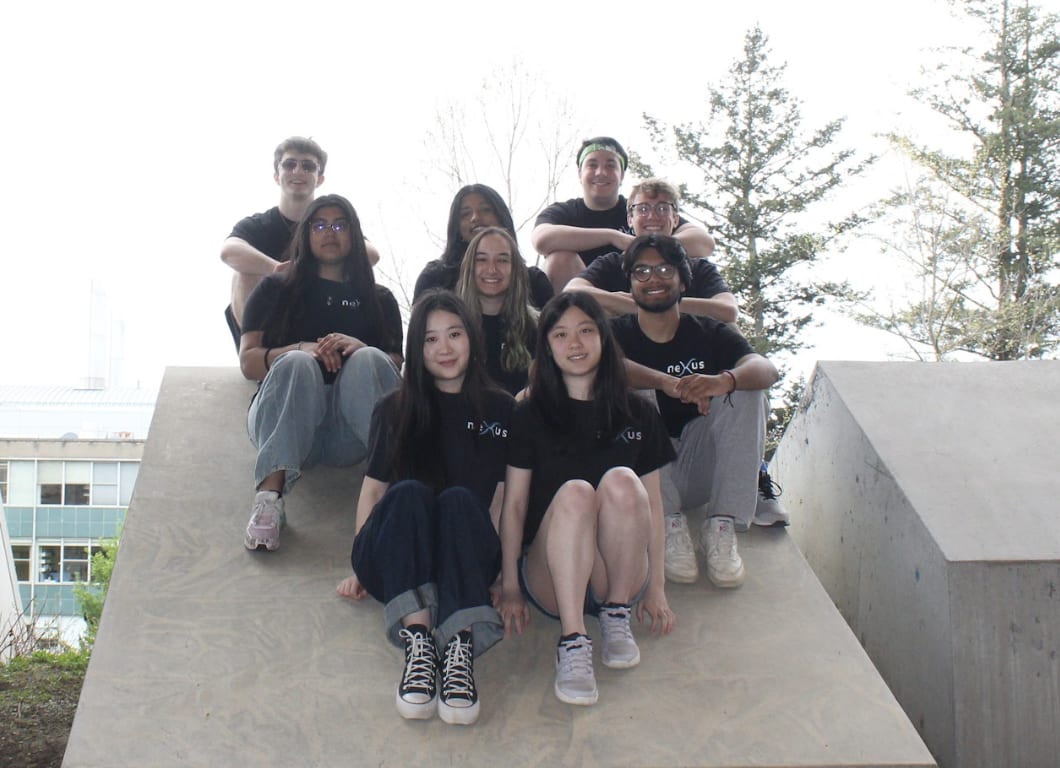 |
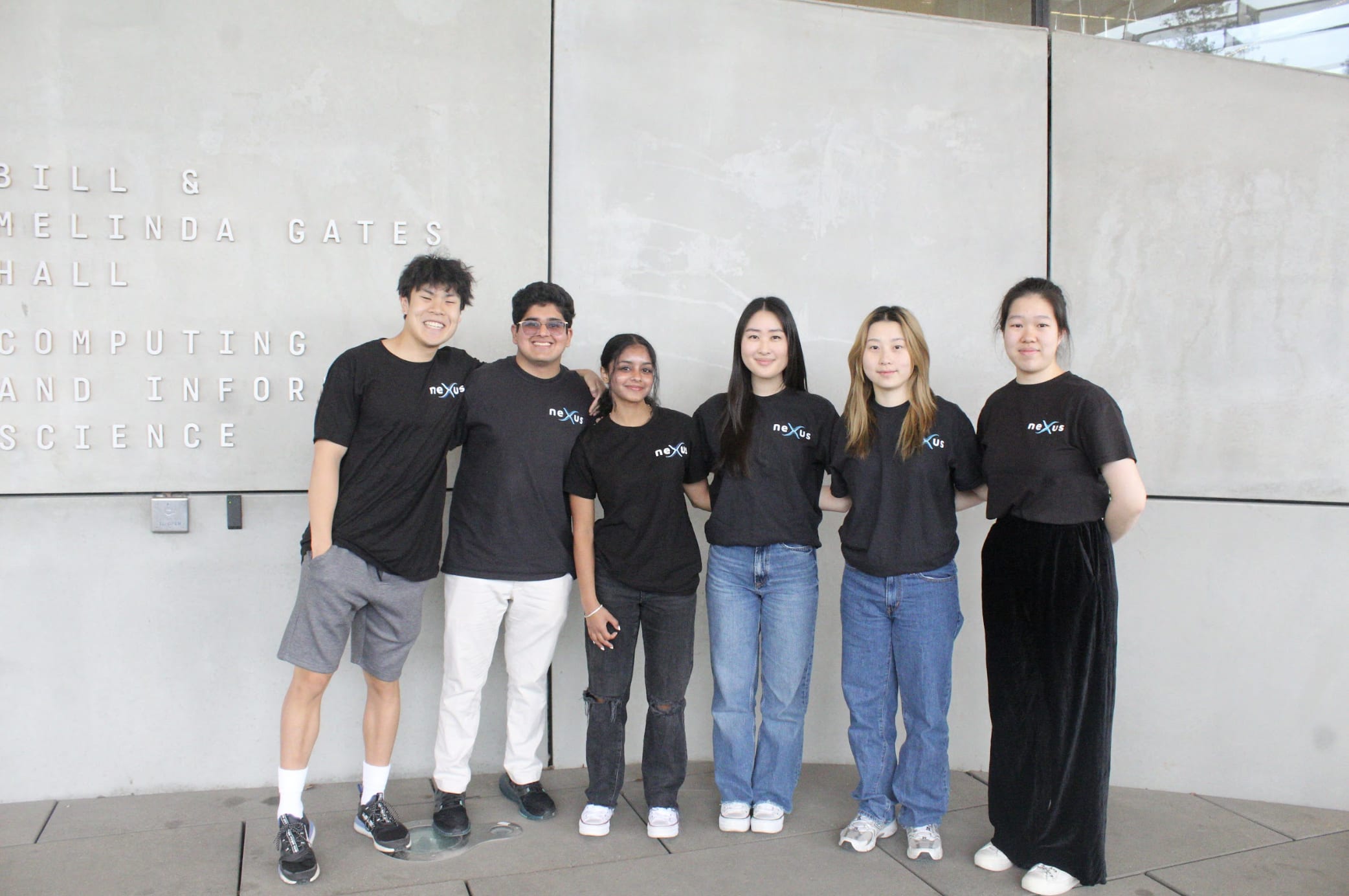 | 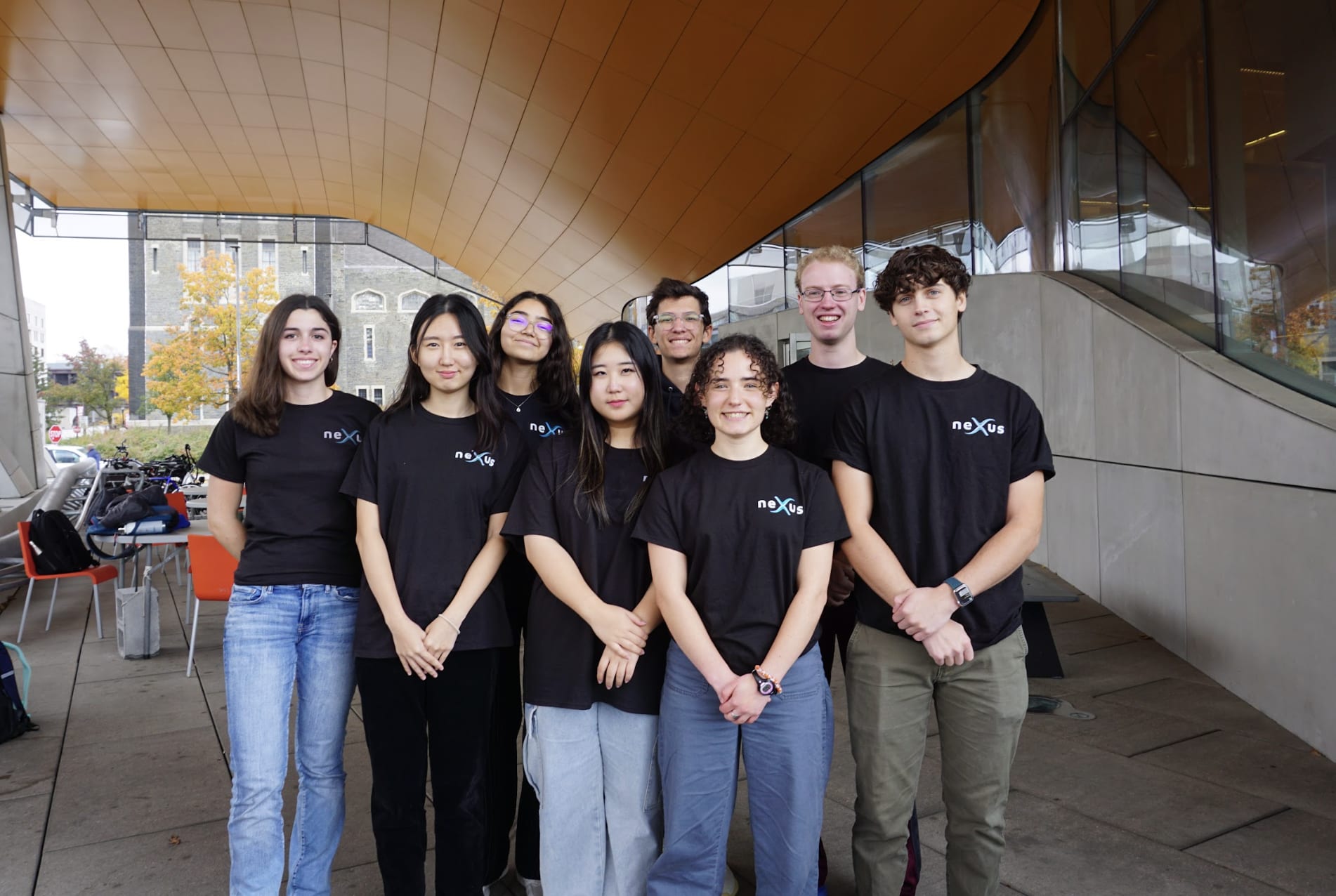 |
WHY DONATE?
Support for our team will allow us to get one step closer to fulfilling our mission of innovating for environmental sustainability. We have amassed a talented group of engineers and project managers who are passionate about our mission. Your generous donation will be going towards necessary materials to build out our robot and other logistical items necessary for maintenance of a project team.
$5
Turtle
$5 will allow us to buy small but crucial pieces of material such as fasteners, zip ties, wiring, and fuses.
$10
Penguin
$10 will allow us to purchase more substantial subparts such as wifi connectors, simple sensors, L brackets, and hinges.
$25
Seal
$25 will allow us to purchase items such as bearings, wire cutters, Raspberry Pi Fans, PCB Printing, Hack Saw etc.
$50
Dolphin
$50 will allow us to purchase items such as Raspberry Pis, Dremel, Machine Shop training for new members, etc.
$100
Whale
$100 will allow us to purchase items such as Dremel, new wire mesh for filtration, and solar panels for our base station.
$200
Shark
$200 will allow us to purchase batteries, RGB-D cameras, drivetrain motors, drills/drill bits and more to build our team tool library.
$500
Orca
$500 will allow us to purchase advanced sensors, custom parts, advanced software, and advanced motor controllers.

